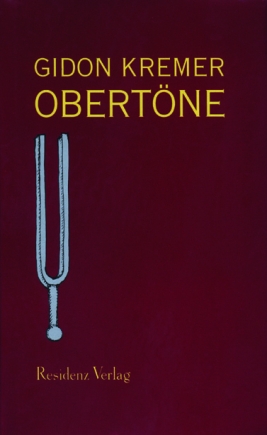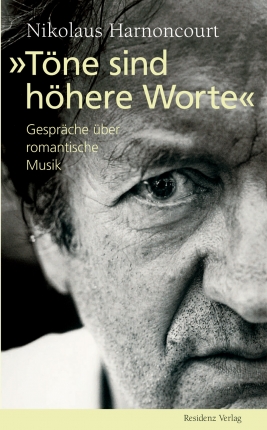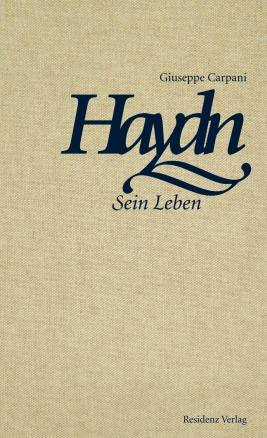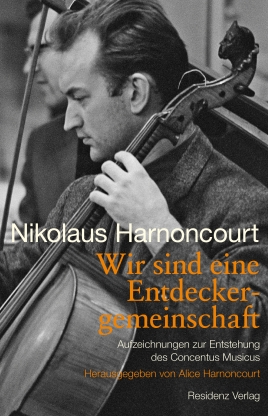
Gidon Kremer - Harmonics
Notes show us a direction: in the world – in music – in the music industry
Every note, whether produced by an instrument, the vocal cords or something else, holds many harmonics. They show us a direction, define the tone color and give the acoustic signal a sense of poetry. Not only notes get their own character and value this way. An encounter between people, every experience, every being also becomes a special imprint through tunes, thoughts and feelings. It’s these vibrations Giden Kremer's book talks about. It’s about musical reflections, about the power and effects of music. We also read about the things that form the everyday life of an artist. What does the inner and outer world of an artist look like, how does he look at his profession, his craft and not the music industry. And last but not least we learn about what happens at a rehearsal or a performance, why the artist chooses a certain cadence for a concert, what moves him during applause, how he copes with the loneliness and how he deals with the downside of success. They are bright and light observations, that invade your subconscious but often they’re, with a dignified irony which colors the event: harmonics!
Book details
4th edition294 pages
format:130 x 210
ISBN: 9783701710638
Release date: 01.01.1998
License rights
- Japan








